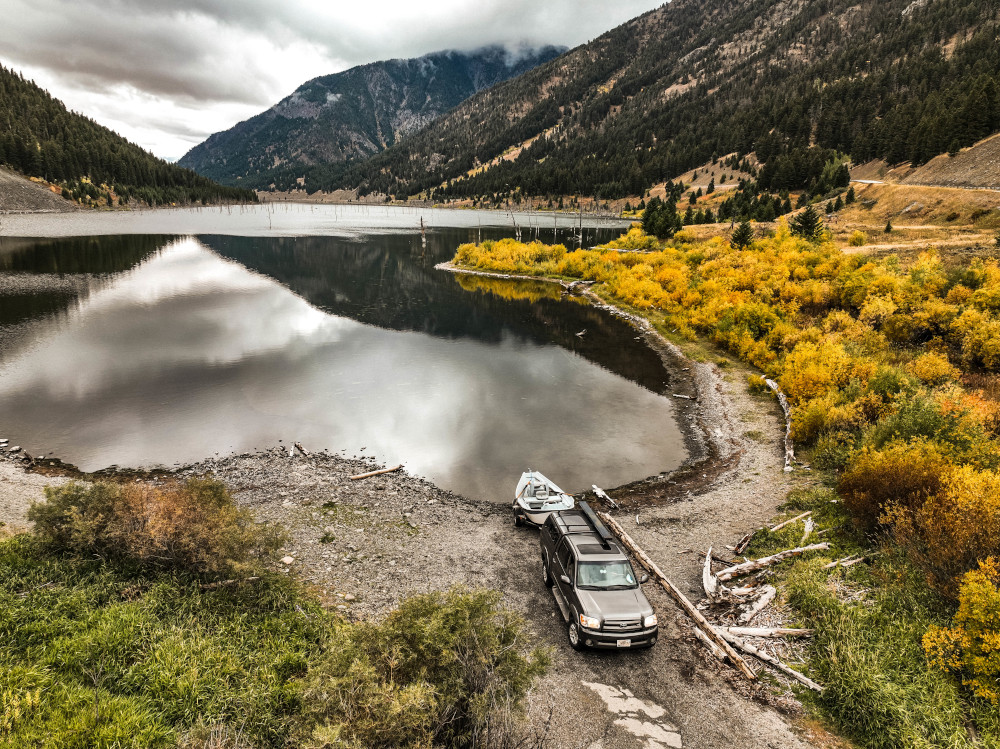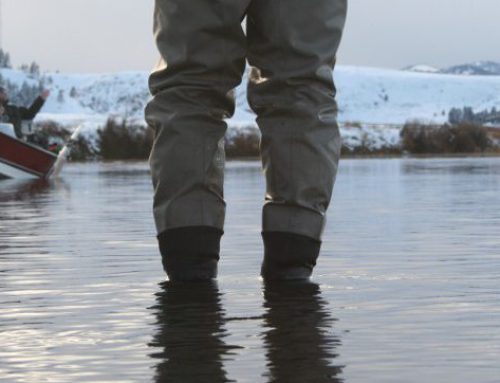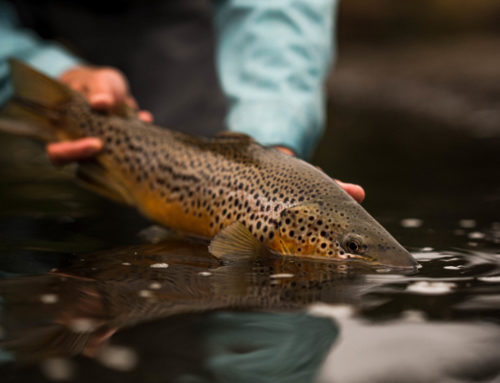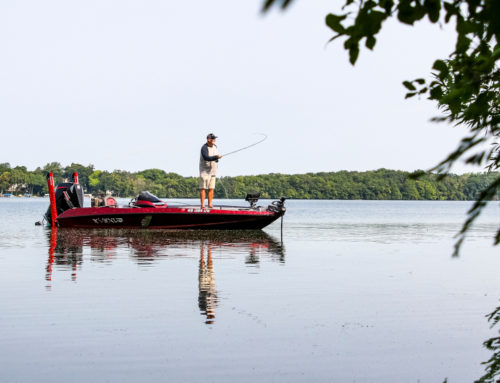WASHINGTON, D.C. — From the Senate Committee on Energy & Natural Resources: U.S. Senator John Barrasso (R-WY), ranking member of the Senate Committee on Energy and Natural Resources, and U.S. Senator Angus King (I-ME), a member of the Senate Committee on Energy and Natural Resources, introduced the MAPWaters Act. This legislation will standardize, consolidate, and publish the digital data related to public recreation on America’s federal waterways.
“Wyoming is home to over 108,000 miles of rivers, and countless more lakes, ponds, and streams that help create our state’s unique system of waterways. I introduced the bipartisan MAPWaters Act with Senator King to ensure the most accurate information is available to everyone who visits our federal lands. Sportsmen and women who enjoy Wyoming’s waters will benefit from access to up-to-date data of this wonderful resource,” said Senator Barrasso.
“Maine’s unparalleled natural beauty and extraordinary public lands make our rivers, lakes and streams a true outdoor enthusiasts’ paradise,” said Senator King, Vice Chair of the Congressional Sportsmen’s Caucus. “The bipartisan MAPWaters Act will modernize and consolidate important information about federal waterways on one single user-friendly digital platform, making our nation’s outdoors more accessible to fishers, hunters and outdoor enthusiasts. This legislation will ensure that every adventurer who steps foot on public lands or navigates our waters has the opportunity to recreate safely and responsibly.”
“From the lakes and rivers of Yellowstone National Park to the boat ramps at Seedskadee National Wildlife Refuge, some of Wyoming’s most treasured public lands have federal rules for water-based recreation and fishing,” said Joy Bannon, Executive Director of the Wyoming Wildlife Federation. “WWF appreciates Senator Barrasso and Senator King for their leadership in introducing the MAPWaters Act, which will make it easier for friends and families to enjoy their best days outdoors when using public waterways.”
This newly digitized public information would include:
• Status information on which waterways are open or closed to entry or watercraft, including watercraft inspection or decontamination requirements.
• The areas of waterways with restrictions on motorized propulsion, horsepower, or gasoline fuel.
• Types of watercraft that are restricted on each area of a waterway, including the permissibility of canoes, rafts, motorboats, airboats, oversnow vehicles on frozen bodies of water, etc.
• The location and geographic boundaries of fishing restrictions on recreational and commercial fishing, including full or partial closures, no-take zones, and fishing restrictions within or surrounding marine protected areas.
• Fishing restrictions concerning specific types of equipment or bait, such as restrictions on the use of barbed hooks or live bait and requirements with respect to catch and release.
To get involved contact your Senator today.




